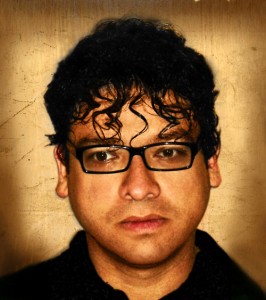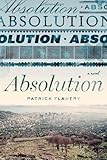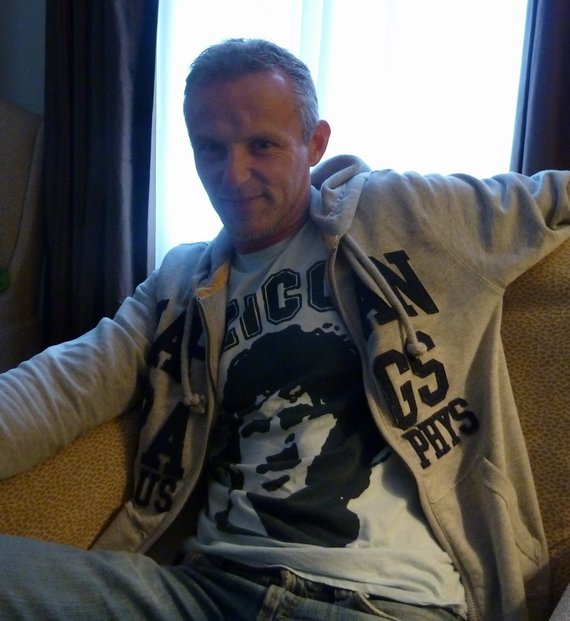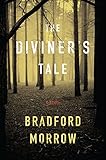
Everything is Political: An Interview with Ben Fountain
I felt like I had to earn the right to write this book, and the only way I could do that was by working very hard to imagine myself into the soldier's experience, and hopefully write it correctly.
















